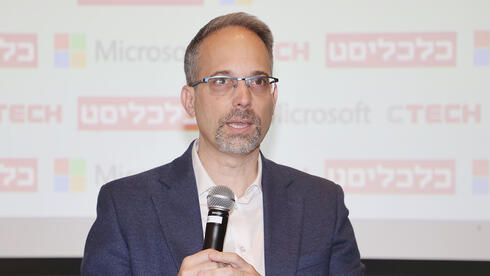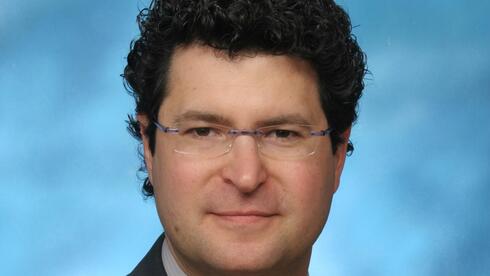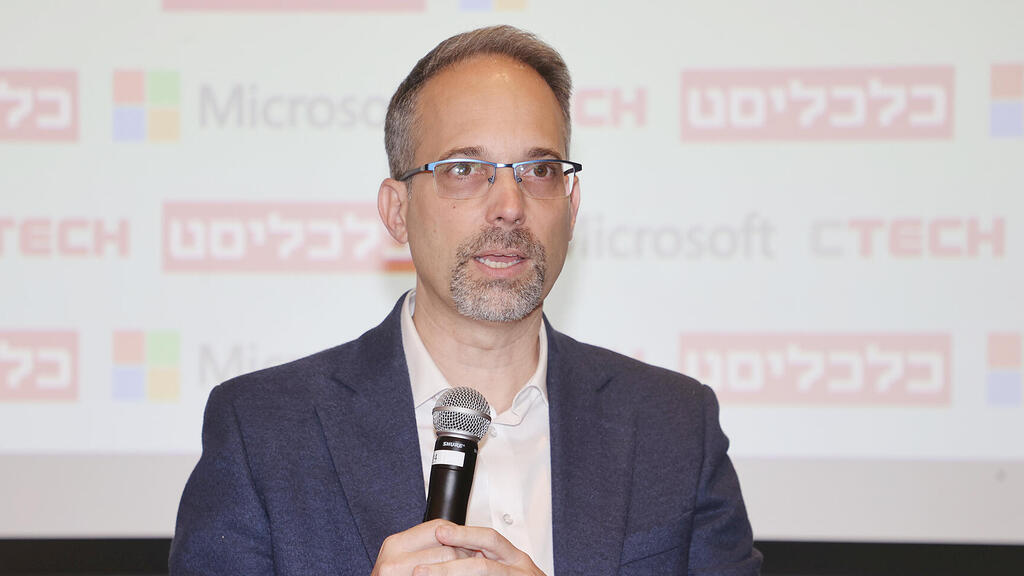
OpinionArtificial Intelligence: Life-saving medicine
Opinion
Artificial Intelligence: Life-saving medicine
Now that AI has shown to significantly reduce mortality, unassisted human visual interpretation of tests like ECGs may gradually be considered inappropriate, writes Ran Balicer
Artificial intelligence (AI) moved to the public attention center stage only in the past 18 months when Large Language Models like ChatGPT were released for widespread use. Yet in technology-rich domains such as healthcare, AI applications have been extensively used by forerunner healthcare systems for over a decade. This week marked another seismic shift in the field which may prove to be an infliction point: a first clinical trial unequivocally demonstrated that AI-based tools can significantly reduce mortality rates!
To date, fewer than a hundred Randomized Controlled Trials have been published to evaluate the effectiveness of AI tools. These complex and expensive clinical studies are usually considered as requisite to introduce a new drug. The current study is unique beyond those hundred past trials, as the chosen outcome—mortality—is a rare event, therefore necessitating a very large number of patients, if an overall benefit is to be proven. Indeed, the study published this week in the leading scientific journal Nature Medicine included no fewer than 16,000 participants across medical centers in Taiwan.
The research findings indicate that the implementation of AI-based alerting tools, which interpret ECG outputs, significantly reduced 30-day mortality. In the high-risk subgroup of the intervention group, one out of every approximately 500 patients was lost due to a cardiac cause, compared to one out of every roughly 40 patients in the control group. Overall mortality also significantly decreased, albeit at a more modest rate.
This is an exciting event for us, innovation enthusiasts at Israel’s largest healthcare system, Clalit. Along with our Havard collaborators at the Berkowitz Clalit-Harvard Living Laboratory, we have been developing and implementing artificial intelligence tools at scale for over a decade. Our self-developed AI platform (C-Pi) is integrated into the daily routine of over 1,500 community clinics and demonstrated substantial measurable care quality improvements. For example, in an article we recently published about a month ago in one of the world's leading scientific journals, The New England Journal of Medicine AI, we showed how artificial intelligence improved 100-fold (!) the yield of out screening efforts for a severe liver disease called Hepatitis C. But still - reduced mortality proven in a randomized clinical trial, as demonstrated in Taiwan, is the ultimate proof of our new era that is starting.
Artificial intelligence presents a new and exciting set of opportunities: enhancing treatment quality and safety and reducing the burden of technical tasks that consume valuable time - time that could be better used for more extended human interaction with patients. Moreover, I believe a time will soon come when performing unassisted visual analysis of imaging studies or ECGs, without an AI co-pilot or oversight, will be considered inappropriate clinical conduct.
Notwithstanding, we must not ignore that this new era will also present significant challenges and risks – in fairness and bias in decision support, and the maturity and safety of emerging tools for clinical use to name a few. In the abovementioned example from Taiwan, the risk of overloading ICU departments, as well as the negative impact of false alerts could be far from trivial, including ‘alert fatigue’ that will gradually erode the system's effectiveness. Yet despite all these caveats, not every day do we find a medication-equivalent intervention that reduces mortality up to 14-fold... It has now become more evident than ever - medicine is poised for much-needed transformation if we can judiciously but decisively utilize the new advanced tools at our disposal.
Professor Ran Balicer is the Deputy Director-General and Chief Innovation Officer at Clalit, Chair of the Ivan and Franceska Berkowitz Clalit-Harvard Living Lab, and a member of the High-Level Advisory Body of the UN Secretary-General on artificial intelligence.














